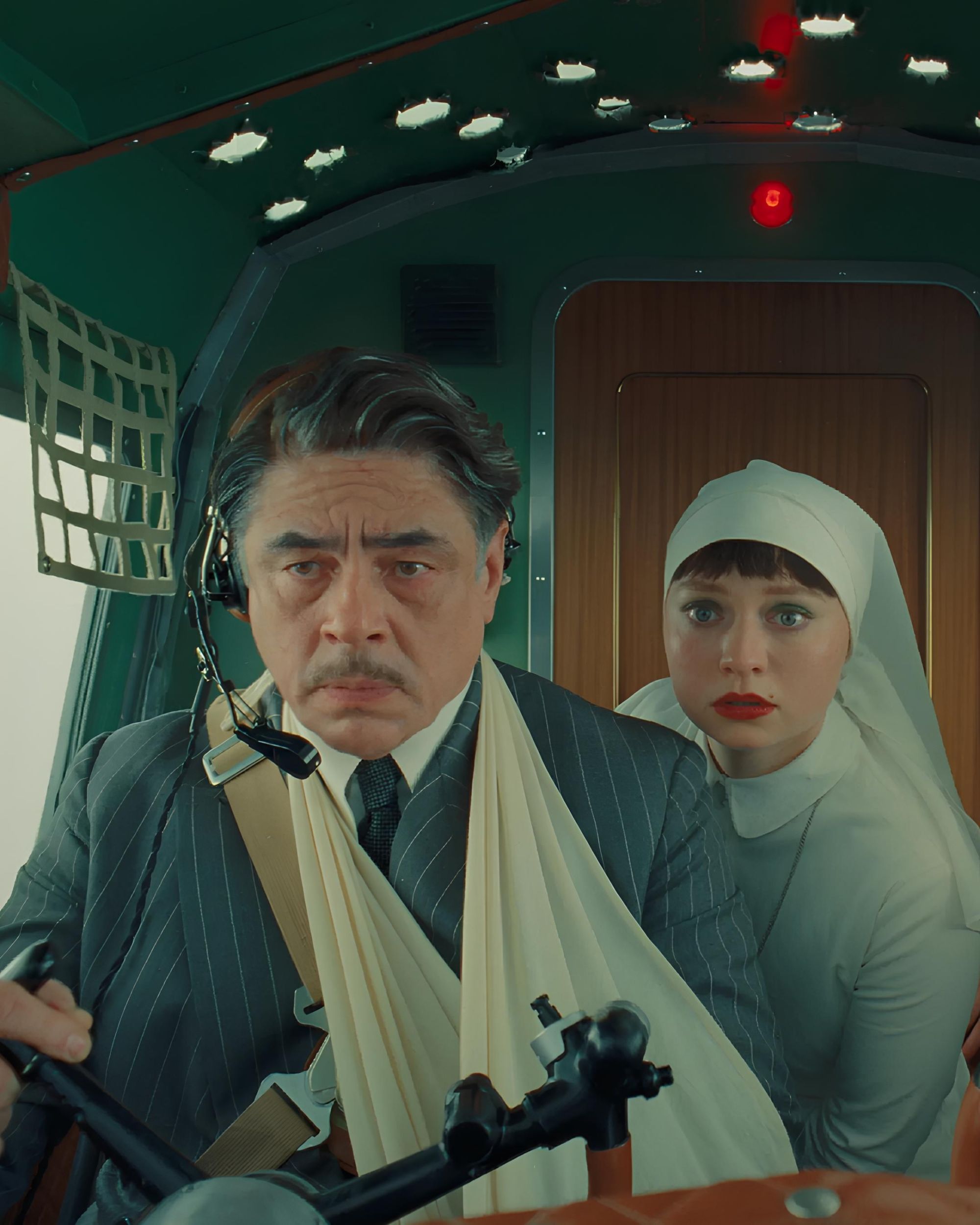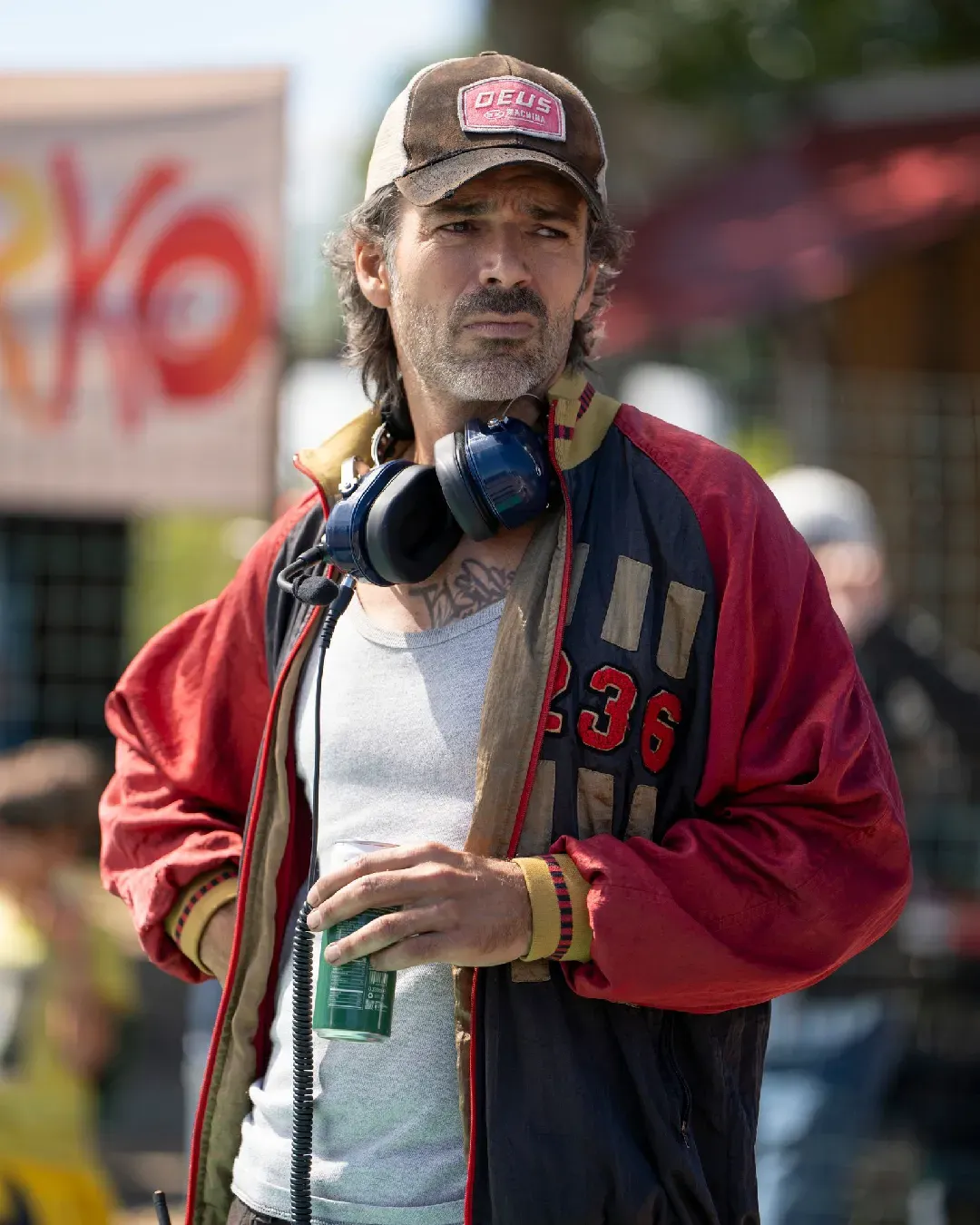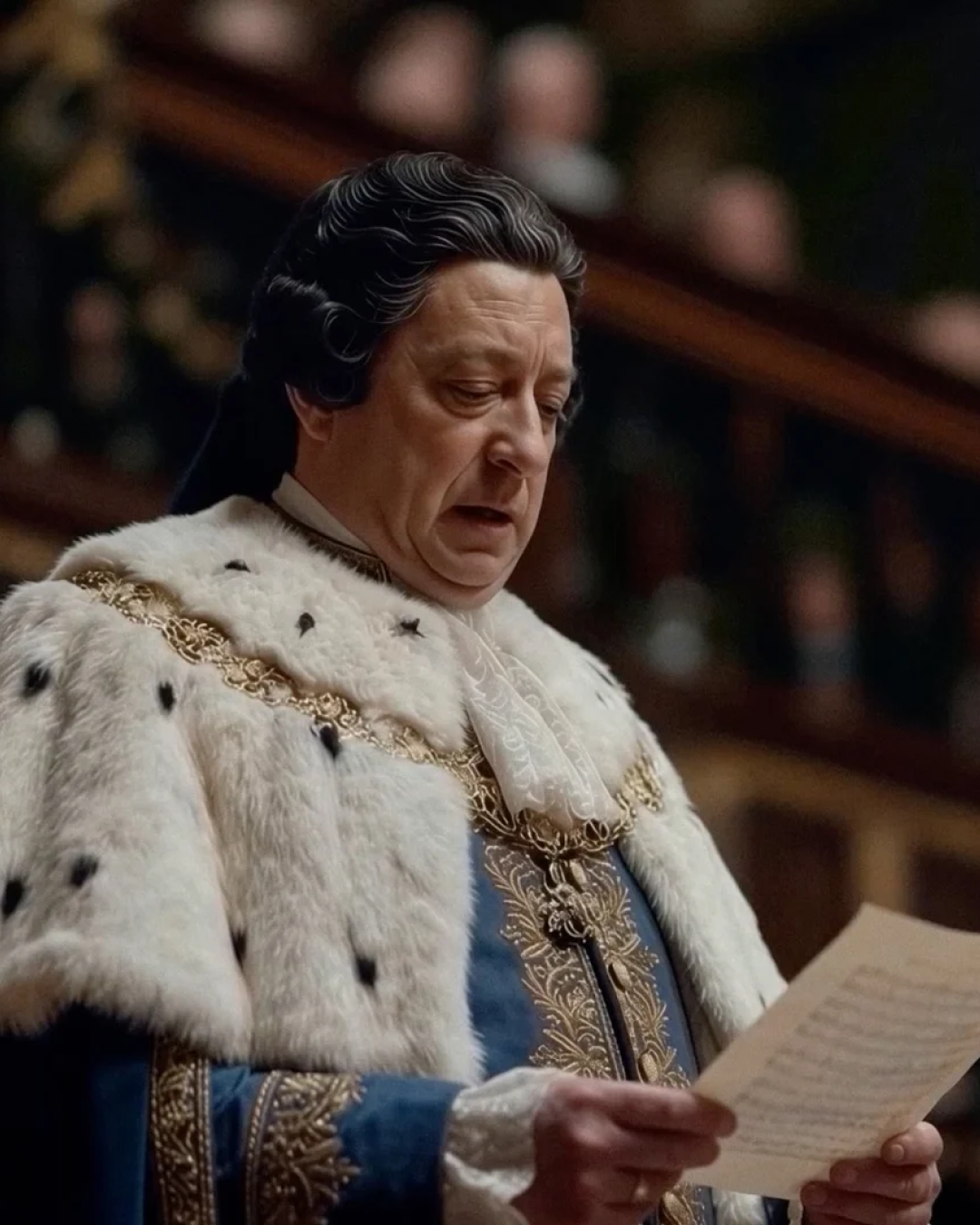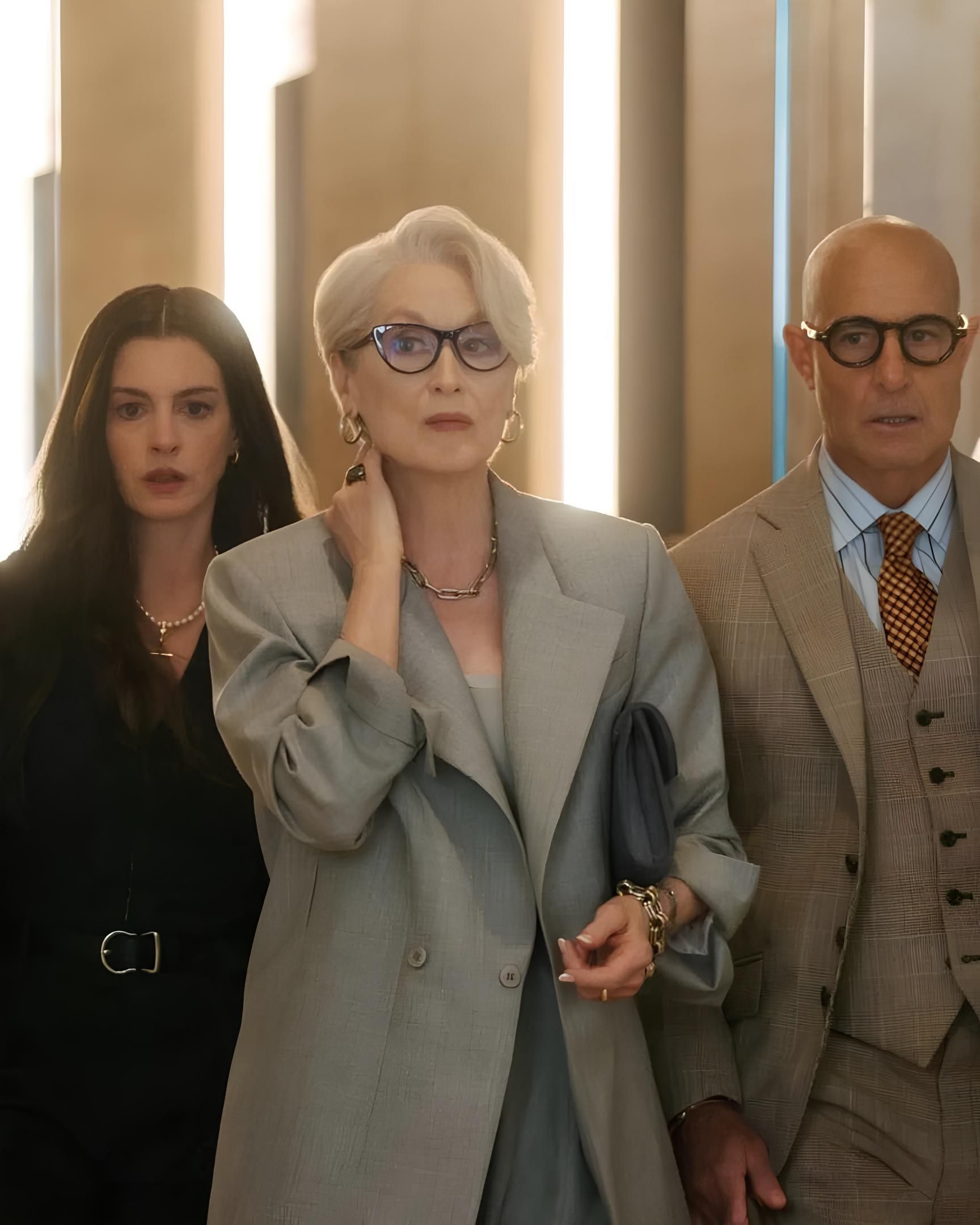
Wes Anderson's latest film “The Phoenician Scheme” arrived at Cannes It's what we would expect from Wes Anderson - and that's OK
Wes Anderson has been making the same film for years. Well, now that we've stated the obvious, we can move on. The discussions around the style of the Houston, Texas director have become more monotonous than his own works, and there couldn't be a more mistaken closure from the viewer, especially when faced with works like The Phoenician Scheme. That Anderson's aesthetics have ended up devouring his films is undeniable, but it would also be necessary to do a work of abstraction from the detachment that his geometries and pastel colors can legitimately evoke, focusing more on what the author wants to tell and accepting that this is how he wants to do it. You are absolutely free to choose to put your relationship with Wes Anderson on hold, but at least respect the enviable skill, as a filmmaker, of having made his style immediately recognizable, even with just one frame. The sin, however, would be to miss out on a divertissement like The Phoenician Scheme, a combination of the filmmaker's themes and formality, another ensemble film that revisits the father-son relationship that has always been central to Anderson's filmography but finds a different rhythm from the rigid and rigorous paradigms of his expressive and scenographic construction.
The protagonist of the film is Zsa-zsa Korda (Benicio del Toro), a magnate and entrepreneur who, after surviving the sixth plane crash of his life, realizes that it's time to think about the future of his company, which he wants to leave as an inheritance to his only daughter Liesl (Mia Threapleton, in real life the progeny of Kate Winslet), who instead is determined to become a nun. Raised in a convent and reunited with her father after years of absence, the young woman will agree to follow him in a desperate attempt to save both her own life and the work of an entire existence, flying around the world in a series of dangerous encounters and improbable contracts to secure. And it goes without saying that, instead of Korda's monetary wealth, what the man finds most precious is the closeness he had never felt before towards a member of his own family.
The Phoenician Scheme repeats the patterns already explored in Wes Anderson's films and returns to the theme of parental emotional detachment, even expanding it to the possibility or not that Korda and Liesl are really father and daughter. But precisely because of this search for belonging and proximity, it makes the relationship between the two characters a gradual path of understanding, appreciation, and desire to be together. A desire that perhaps any man would feel as he sees the end of his days approaching («I don't know how many more times I can die», says Del Toro as he continues to avert every fatality or assassination attempt). But it is also an exploration of how one does not only inherit companies or genes from one's parents, but rather an entire bundle of traumas and insecurities that make us who we are. Some turn to religion, some work as secret agents, and others become one of the most powerful men in the world, with the sensitivity of a rock, able to fire a pilot even as the plane is crashing.
Critics saying the new Wes Anderson is overly stylistic again pic.twitter.com/fR6QrnQbbu
— paul (@paulswhtn) May 18, 2025
Wes Anderson dives into the emotional baggage carried by the characters, locked in his unmovable symmetry, as solid as the infrastructures of his films usually are, while the actors - and the editing - move this time more unpredictably, like stray fragments. The director oils the mechanisms that jam the ability to relate to others, never losing that touch of wickedness and impertinence that perhaps the aesthetics of his films can make you forget at first glance, but which is always present in the stories, dialogues, and sometimes even in the twists of his narratives. Faithful to his stylistic vocation, contrary to how others (the “them” of the film) would want, from The Phoenician Scheme we steal what Liesl says to her father: «I will always expect the worst from you». And if this is the worst that Wes Anderson can do, so be it.













































